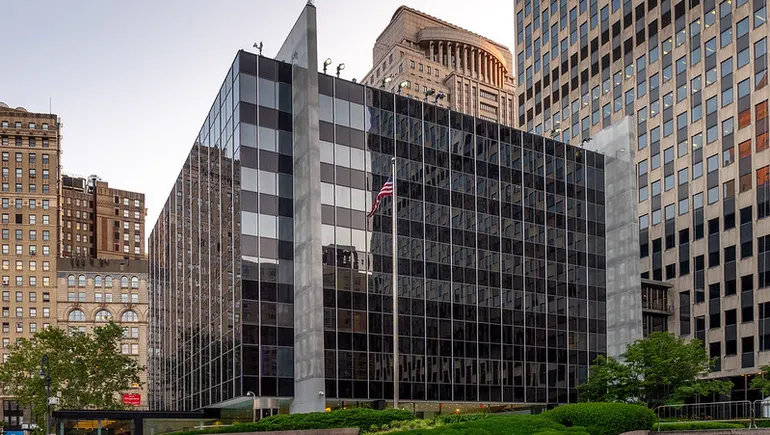In a recent development, a federal court has put a halt to many of President Donald Trump’s tariff executive orders, citing an overstepping of emergency powers. The United States Court of International Trade issued an injunction on tariffs imposed on Canada, China, and Mexico, as well as a 10% global tariff with additional reciprocal tariffs. This decision requires the government to cease any operations related to these tariff orders and issue administrative notices on the permanent injunction within 10 days.
The food industry, in particular, stands to benefit from this decision as concerns were raised about potential price hikes on scarce ingredients like chocolate and coffee due to the tariffs. With consumers already sensitive to inflation and cutting back on spending, the relief provided by the injunction is significant.
The legal battle leading to this decision stemmed from petitions filed by small businesses and U.S. states challenging the imposition of tariffs under the International Emergency Economic Powers Act. The Trump administration has promptly appealed the decision to the U.S. Court of Appeals for the Federal Circuit in Washington, D.C., and has 14 days to submit additional supporting documents.
President Trump’s interpretation of the emergency trade law was deemed excessive by the court, which stated that the law does not grant unlimited authority to impose tariffs on goods from nearly every country in the world. Additionally, the decision to halt the executive orders also puts into question the elimination of the de minimis exemption for imports from China and Hong Kong.
It’s important to note that tariffs on automobiles, auto parts, steel, and aluminum products, implemented under a different trade authority, are not affected by the injunction. The U.S. Court of International Trade, with nationwide jurisdiction over civil actions related to customs and trade laws, made this decision, which can be reviewed by a federal appeals court.
Several Trump administration officials have criticized the court’s action to halt tariffs, with White House Deputy Chief of Staff Stephen Miller calling it a “judicial coup.” White House spokesperson Kush Desai also emphasized that it is not for unelected judges to determine how to address a national emergency.
This development has significant implications for trade policy and the business community, with the legal battle likely to continue in the coming days. The food industry, along with other sectors, will be closely watching the outcome of this decision and its impact on global trade relations.


